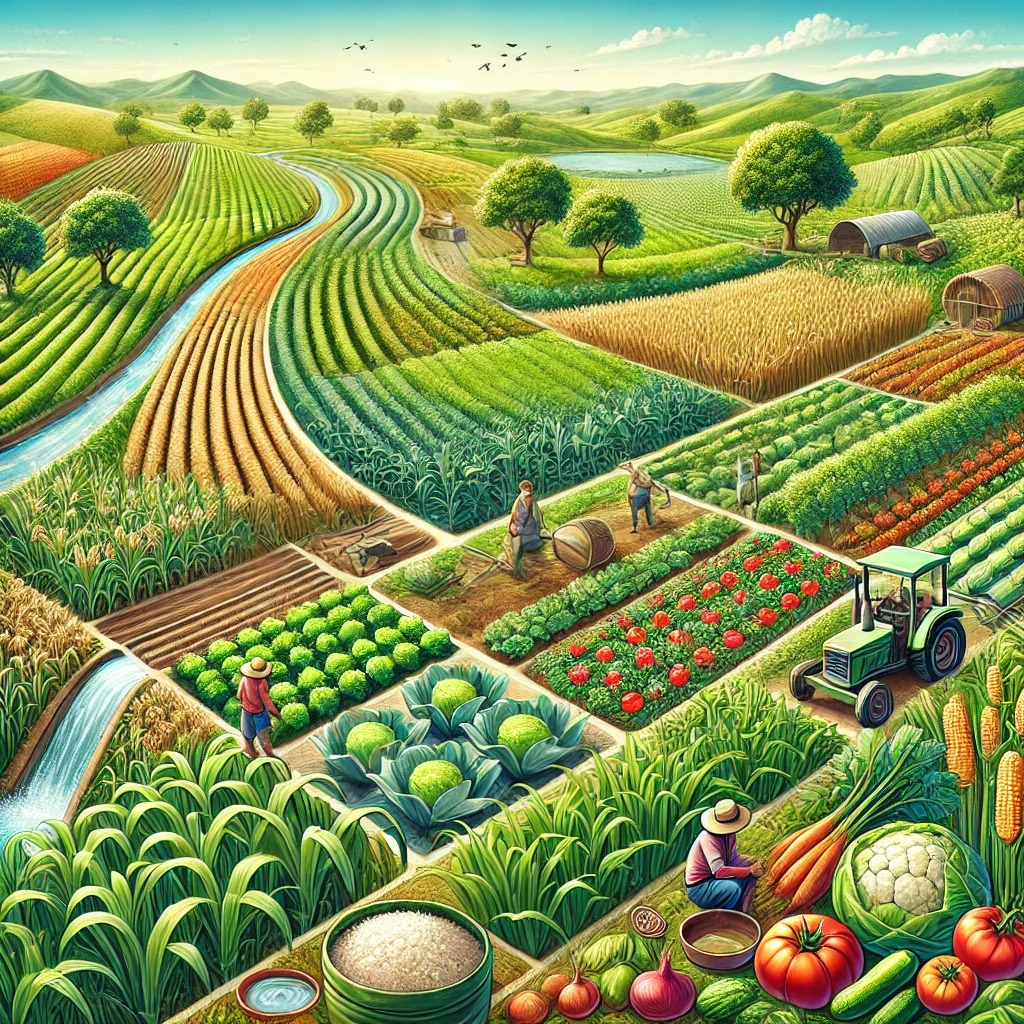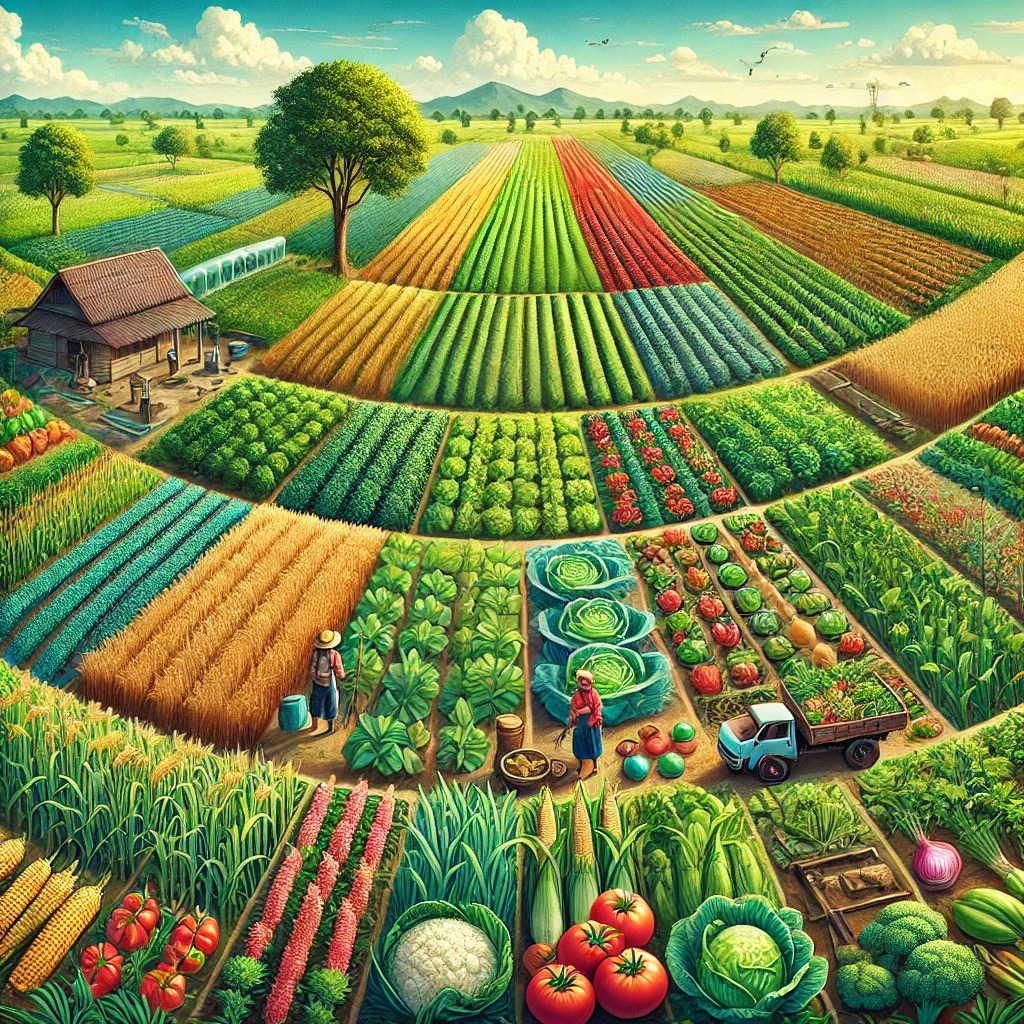BY P Mohan Chandran
Why is Bill Gates, a titan of technology, investing heavily in U.S. farmland? What drives one of the world’s wealthiest individuals to acquire vast agricultural assets? Is there a deeper agenda behind these substantial land purchases?

Over recent years, Bill Gates has emerged as the largest private owner of farmland in the United States, amassing approximately 275,000 acres across multiple states. This extensive acquisition has sparked widespread speculation and numerous theories regarding his intentions.
Gates has addressed these speculations directly. During a Reddit “Ask Me Anything” session, he stated, “I own less than 1/4000 of the farmland in the US. I have invested in these farms to make them more productive and create more jobs. There isn’t some grand scheme involved — in fact, all these decisions are made by a professional investment team.”
Several factors may underpin Gates’s foray into agriculture:
- Diversification of Investments: Farmland has historically provided stable returns, often serving as a hedge against market volatility. For an investor like Gates, whose portfolio is heavily weighted in technology, farmland offers a tangible asset that can diversify risk.
- Sustainable Agriculture: Gates’s investments align with his broader philanthropic goals of promoting sustainability and addressing climate change. By investing in farmland, there is potential to implement environmentally friendly farming practices, improve crop yields, and support innovations in agricultural technology.
- Global Food Security: With the global population projected to reach 9 billion by 2050, enhancing agricultural productivity is crucial. Gates’s investments could be aimed at supporting advancements in seed science and biofuel development to meet future food demands sustainably.
However, not all perspectives are favorable. Critics argue that such large-scale acquisitions by billionaires could threaten small-scale farmers and consolidate control over the food supply. Concerns have been raised about the potential for these investments to prioritize profit over community welfare and environmental health.

Gates’s landholdings are managed through Cascade Investment, a firm that oversees his vast investment portfolio. This approach ensures that agricultural operations are conducted efficiently and align with broader investment strategies.
The trend of affluent individuals investing in farmland is not isolated to Gates. Farmland offers a unique combination of steady income and asset appreciation, making it an attractive investment for those seeking to diversify their portfolios.
As Gates continues to invest in farmland, questions arise about the implications for the agricultural sector:
- How will these investments impact small-scale farmers and local communities?
- Can large-scale ownership lead to more sustainable and efficient farming practices?
- What role should private investors play in shaping the future of agriculture and food security?
These questions underscore the complexity of modern agriculture and the diverse factors influencing its evolution.
© 2025. P Mohan Chandran. All Rights Reserved



